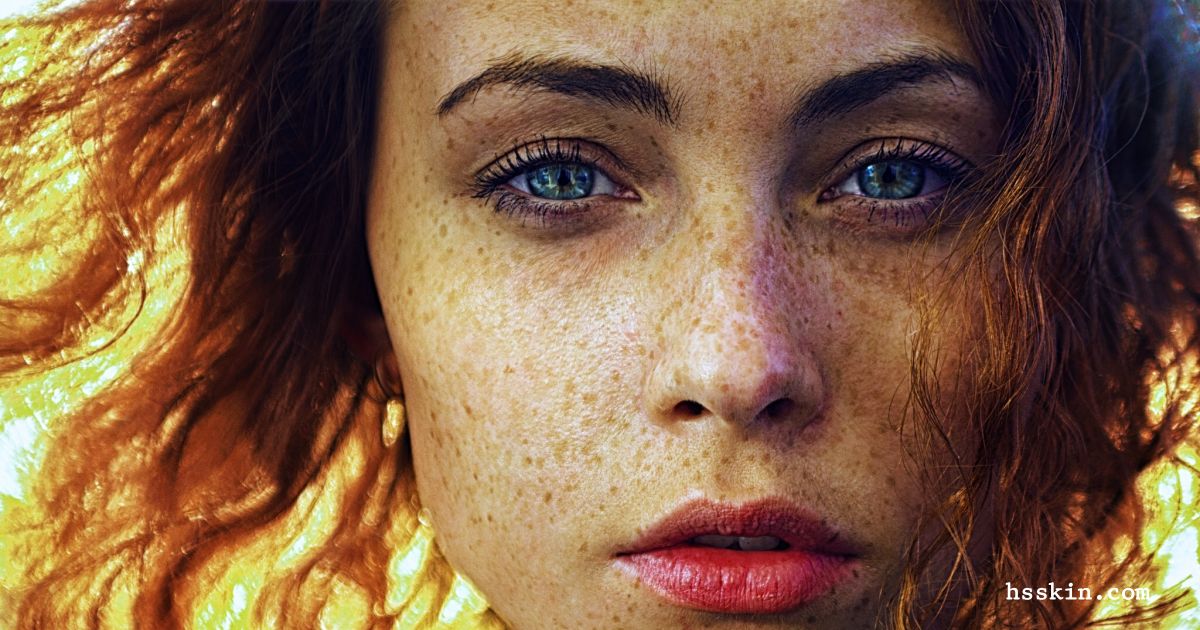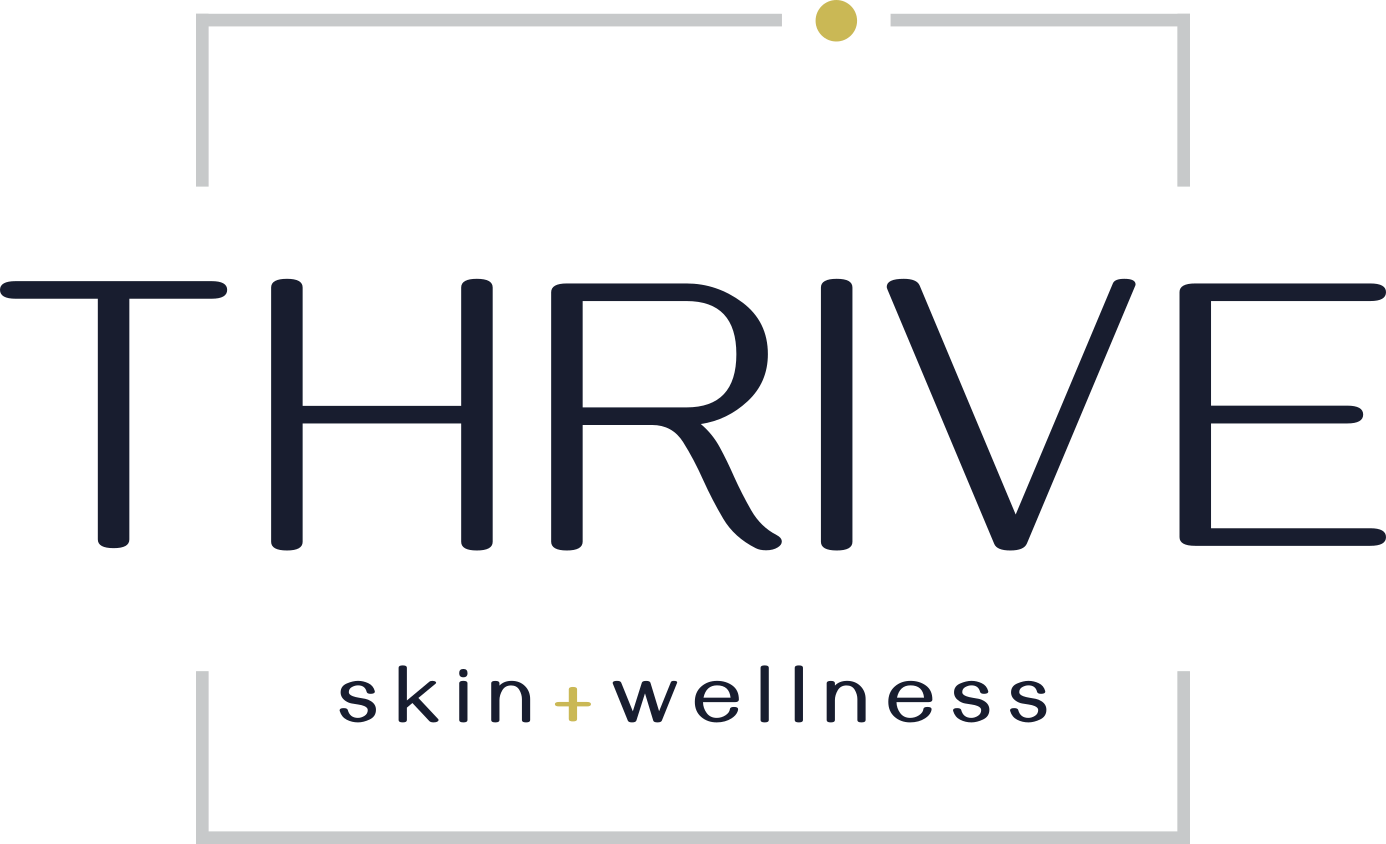Everyday Ways To Even Out Skin Discoloration

For many women, skin discoloration is an unyielding frustration. Having to apply different shades of makeup foundation before you can even consider stepping out in the morning leaves a lot to be desired for the girl next door look and spontaneity, well, trying to get ready for an unplanned evening out can prove to be challenging.
In the past, treatments for discoloration and melasma prescribed by your local dermatologist have been hydroquinone and sunscreen.
Times have changed and so have the available options for treating these types of skin conditions. In fact, hydroquinone may cause other skin complications and therefore has been banned in various countries. Let’s take a look at the various skin types and alternative options to even out skin discoloration.
Race, ethnicity, and the sun’s effects on skin
While it may seem obvious how we inherit our skin color, the history behind the genetics is far-reaching. Skin tendencies are greatly impacted when skin pigmentation is based on ethnicity and race.
Most dermatologist use the Fitzpatrick Phototyping Scale to classify the human skin color to categorize the skin tone into six types.
From type 1 having a pale complexion and will always burn in the sun, to the type VI deeply pigmented skin and usually never burns in the sun.
Ingredients that combat skin discoloration
- Vitamin A – Any form of vitamin A such as retinoids or retinol can help to eliminate discoloration slowly. As such, retinals can be used to decrease epidermal pigmentation and encourage cell turnover.
- Vitamin C – Used as both skin care products and for treatments, vitamin C is a unique beauty ingredient that has been deemed irreplaceable. It contain lots of antioxidant and anti-aging properties, but also well-known for brightening and lightening the skin.
- Arbutin – One of the few ingredients that is considered to be a natural hydroquinone due to its similar chemical composition minus the potential risks and side effects.
- Acids – These types of ingredients are a necessary component for skincare when lightening up discoloration. These acids work as an exfoliation on the uppermost layer and synthesis of melanin.
Professional cosmetic treatments
1. Peels – Professional peels are excellent treatments for improving discoloration, texture of the skin, and skin tone. Skin peels are generally favored as an affordable option to treat acne scars, sun damage and pigmentation.
Laser treatments
The progression of laser treatments and laser technology has been on the rise for many years now which has provided extensive options. The type of pigmentation and price of treatment are commonly the two determining factors when decided whether to select this type of treatment. There are a number of top lasers including CO2 lasers, ND Yag and Fraxel Dual to name a few. As it is with any cosmetic or medical procedure; laser treatments included, ensure that you are having your treatment done by a skilled, licensed professional who has been trained on your specific treatment device.
What you should do today
At Thrive Skin + Wellness, our skill team of qualified medical providers will help you identify your specific skin concern and offer recommendations in order to improve the appearance of your skin. To schedule your complimentary consultation, call us at (919) 557-6400 or schedule online.
